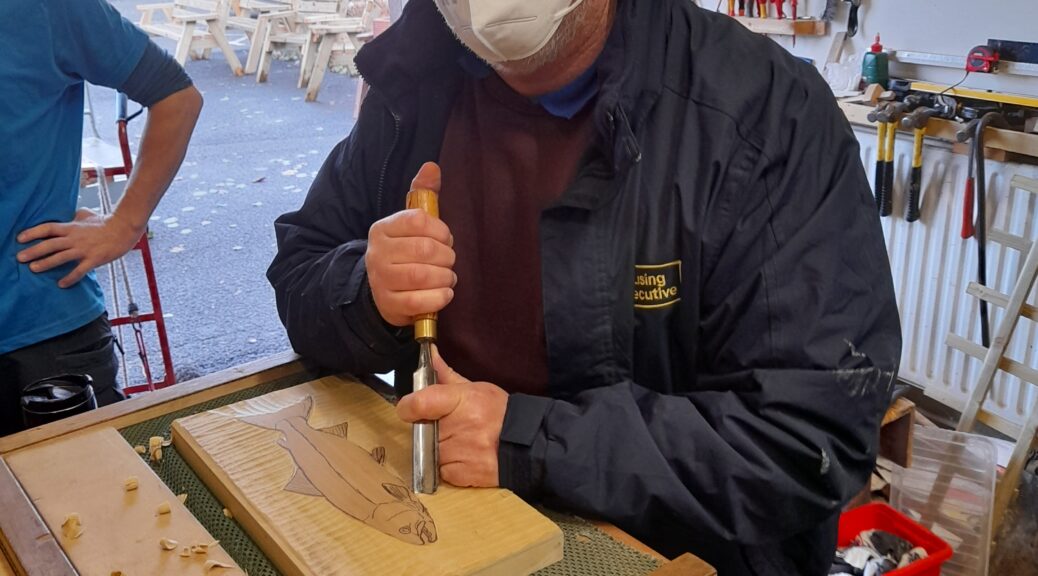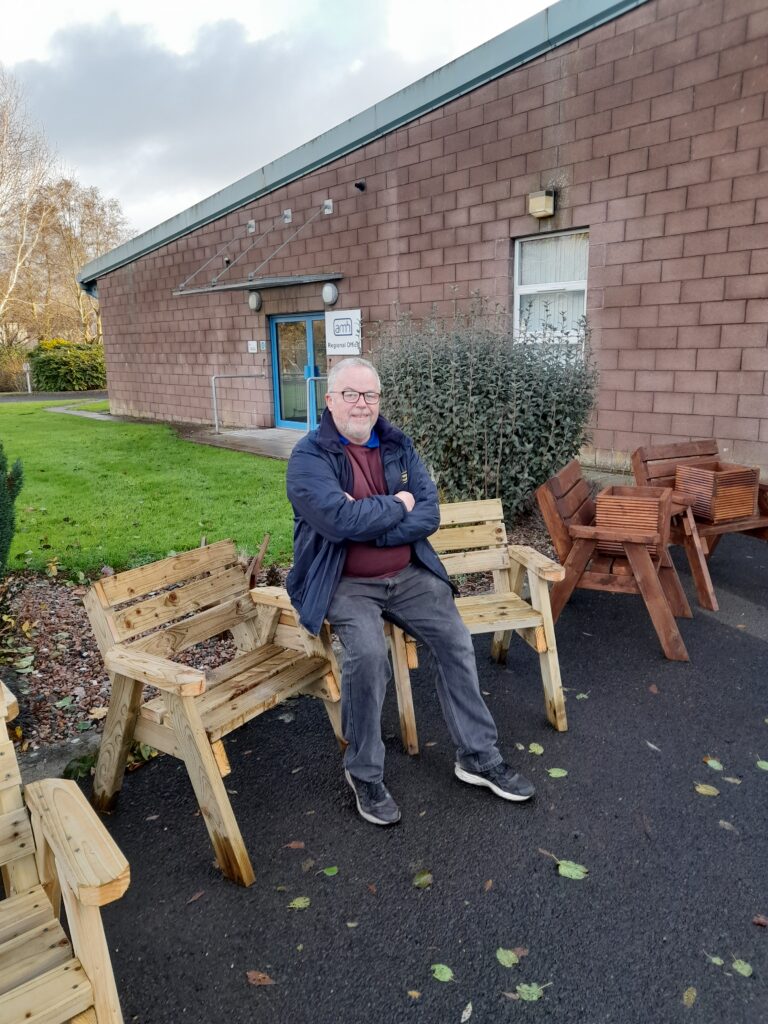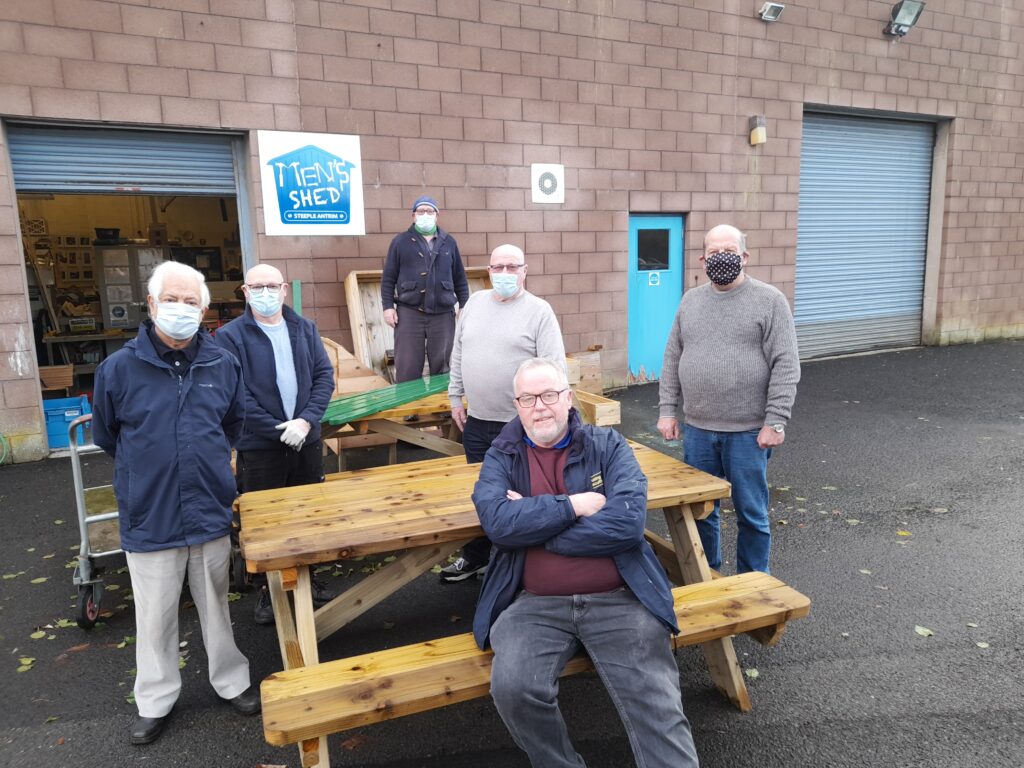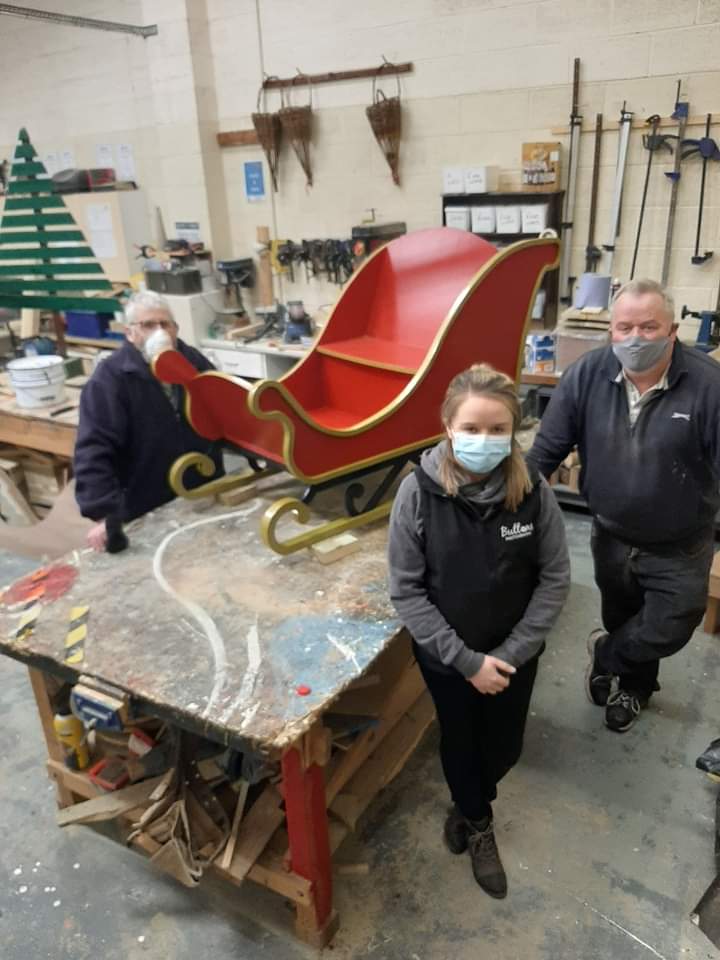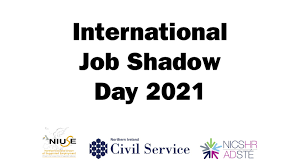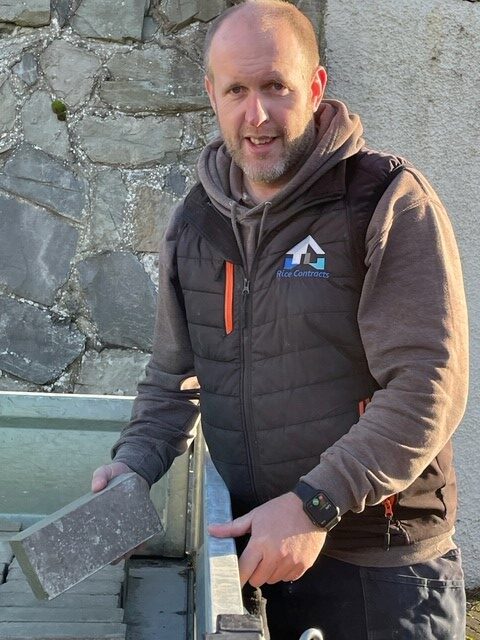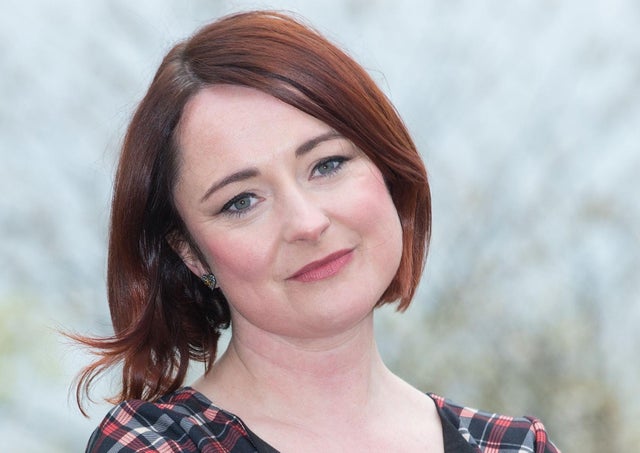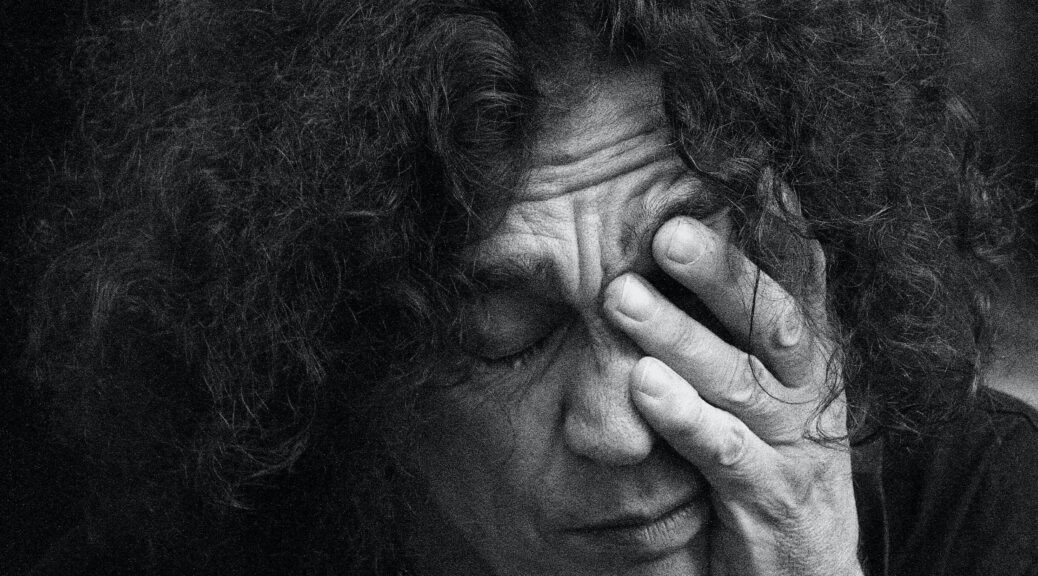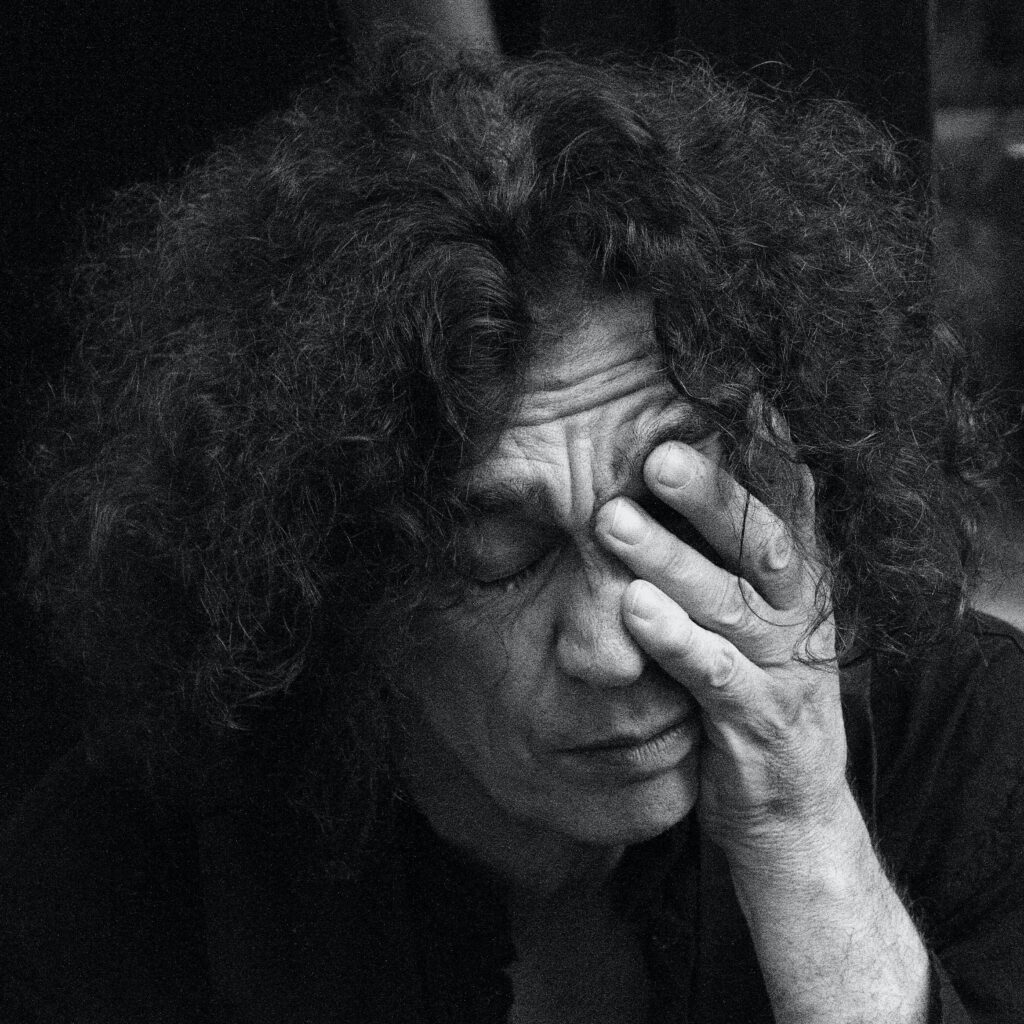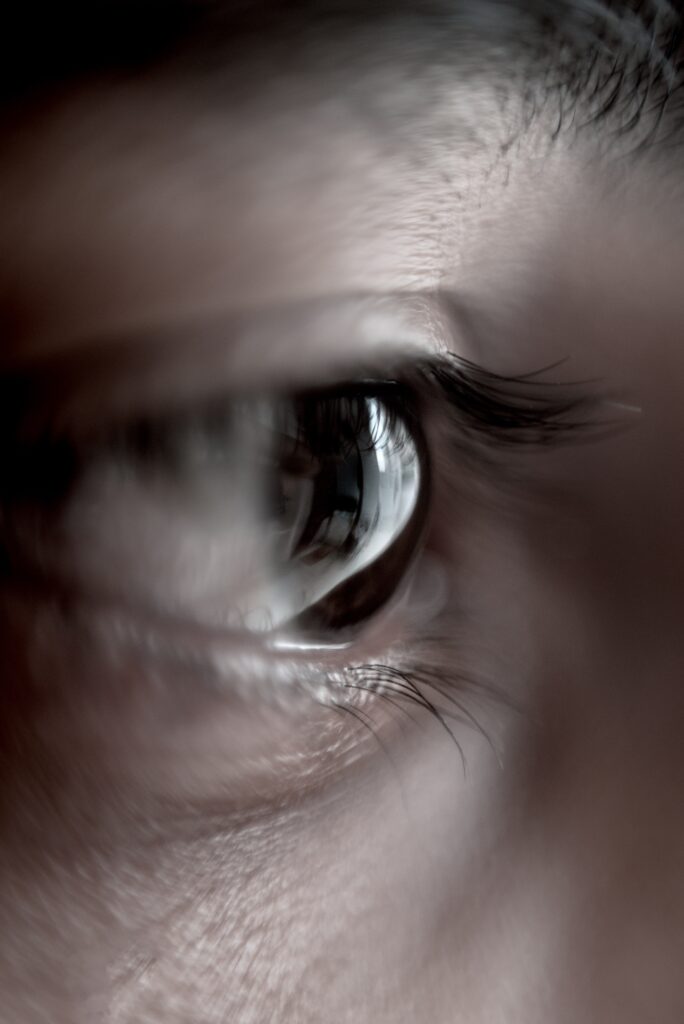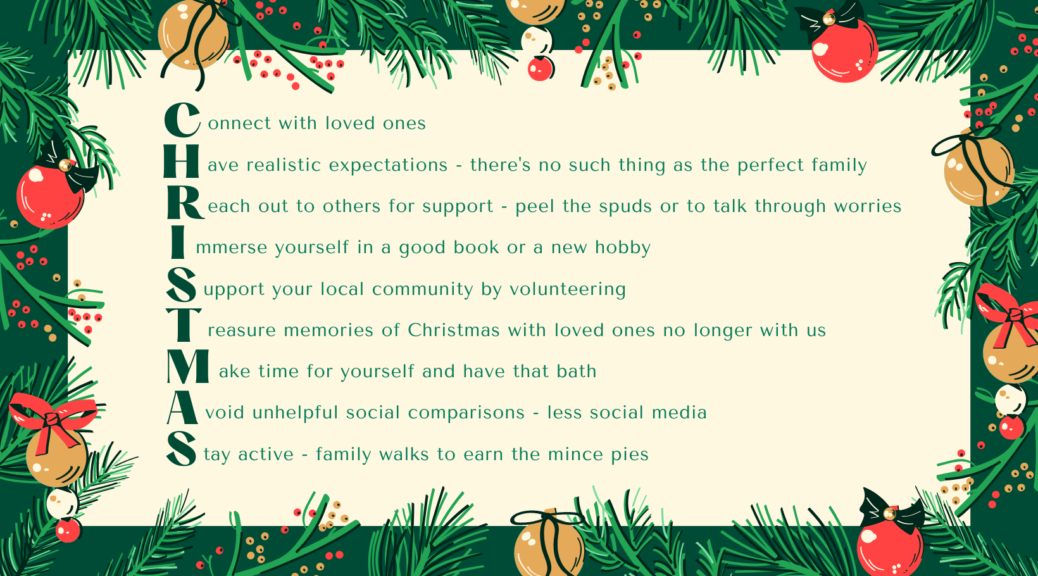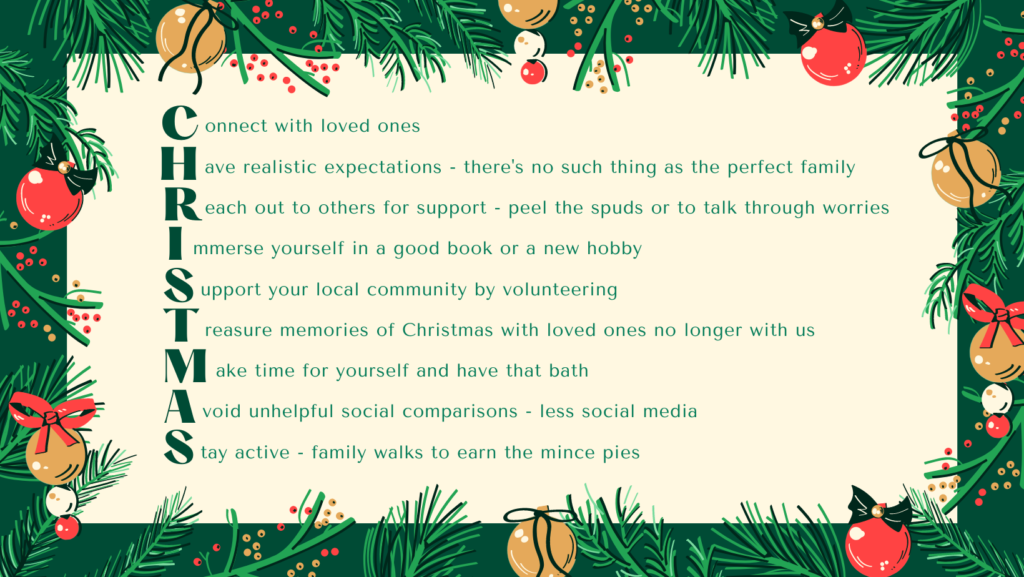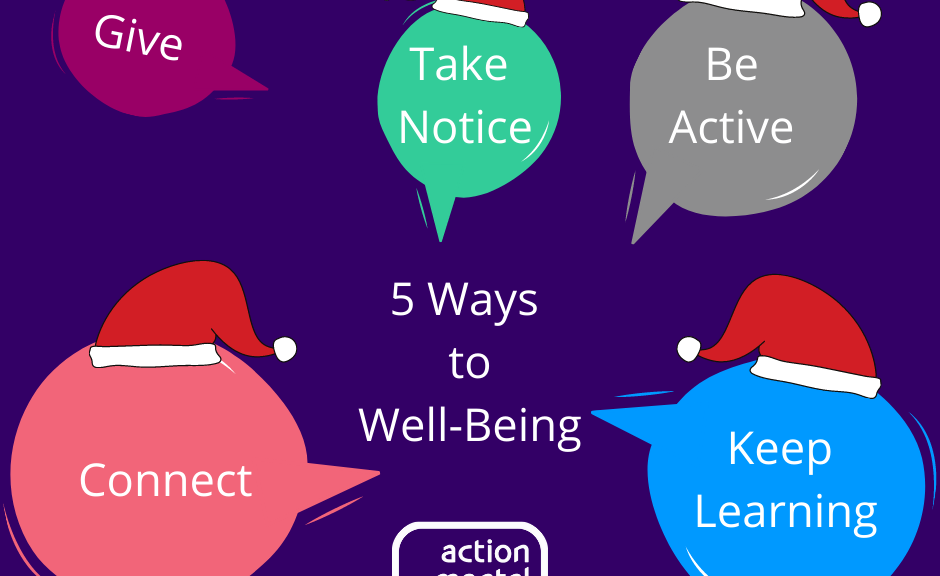An Antrim man who fell into a deep despair after the breakdown of his marriage has begun to rebuild his life with the help of Action Mental Health’s Men’s Shed.
Martin Magee, 57, felt so low he could barely go to the shops for groceries but once he plucked up the courage to go along to the Men’s Shed everything began to look up.
Martin was 53 when he accepted someone’s advice to try the Men’s Shed, located at AMH New Horizons Antrim. The Men’s Shed is a place designed for men over the age of 50 to share skills and a laugh, socialise and connect with their wider community while forging new friendships.
Father of five Martin suffered considerable depression after his marital upheaval, and it had such an adverse effect on him he became unable to function in the ‘high flyer’ career he had built for himself.
He had been a senior lecturer in carpentry and joinery at a further education college, an official exam moderator and CCEA inspector, but soon he found he was unable to contemplate getting up for work every day.
The pressure he felt by maintaining his usual daily routine continued to mount as he struggled along, and it wasn’t long before he felt no alternative but to take advantage of a voluntary exit scheme at work.
Martin lost his house, found himself jobless and alone and estranged from a number of members of his family and wider friendship circle.
His mental well-being deteriorated and even the mere thought of going out to the shops for groceries seemed insurmountable: he was in a very bad way.
“I suffered quite bad depression; the doctor said it was between moderate to severe depression. I had lost all my self-worth by this stage and felt useless and helpless,” he admitted.
But then his sister Mary suggested he attend the Men’s Shed, located at Action Mental Health New Horizons Antrim. Encouraged by her and supported by his partner Annette, he went ahead, but with hesitation. Once there, Martin admitted he didn’t really engage much at the start of his journey with the other men.
“I didn’t really do much at the start but some of the men began to ask me how to do things because they knew of my background. I started to help them and then I began to receive great feedback from them. I even started to make items myself,” he said.
Martin’s recovery had begun.
“It really began to give me back my sense of self-worth. I started to make things at the Men’s Shed and they were amazed at what I could produce, so I thought maybe I’m not as bad as I thought I was.
“I then took up scroll sawing, cutting out portraits, plaques and ornaments from wood, which I brought in to the Men’s Shed and I got such positive feedback that this was the route back to recovery for me.
“I kept going back to the Men’s Shed and kept helping the men; I made planters, garden furniture and other things and soon I found myself wanting to push myself, to test myself, to see what else I could do.”
The boost he gleaned from his time with the Men’s Shed gave him the impetus he needed to try to get back into employment.
“I knew myself that I couldn’t be someone who could be unemployed or live off benefits – I had to get back to work. I was working as a maintenance joiner up to the end of August and now I am working as a maintenance officer for the Housing Executive. I wanted to do it to prove to myself and to be able to do joinery work again to the level and standard that I was once able to do.”
“I’m not completely back to normal. It’s like a crashed car – you can have it repaired it but it’s still been through a crash, and has some dents. It’s like that: I’ve been through a lot and though I’m feeling a lot better, I still bear some scars.”
In his personal life, Martin is trying to rebuild bridges with his family. Meanwhile, he also wants to express his heartfelt thanks to the Men’s Shed which provided him with that vital first footing toward reclaiming his previous vibrant life.
“I don’t know where I would be without the Men’s Shed. It really was a great help. I want to thank them for everything they did for me – the men and the project workers. They were all so supportive of me and I owe them a great debt of gratitude.”
Action Mental Health’s Men’s Sheds are located at AMH New Horizons Antrim, AMH New Horizons Fermanagh and AMH New Horizons Downpatrick. Men aged 50 and over are welcome and admission is free.




